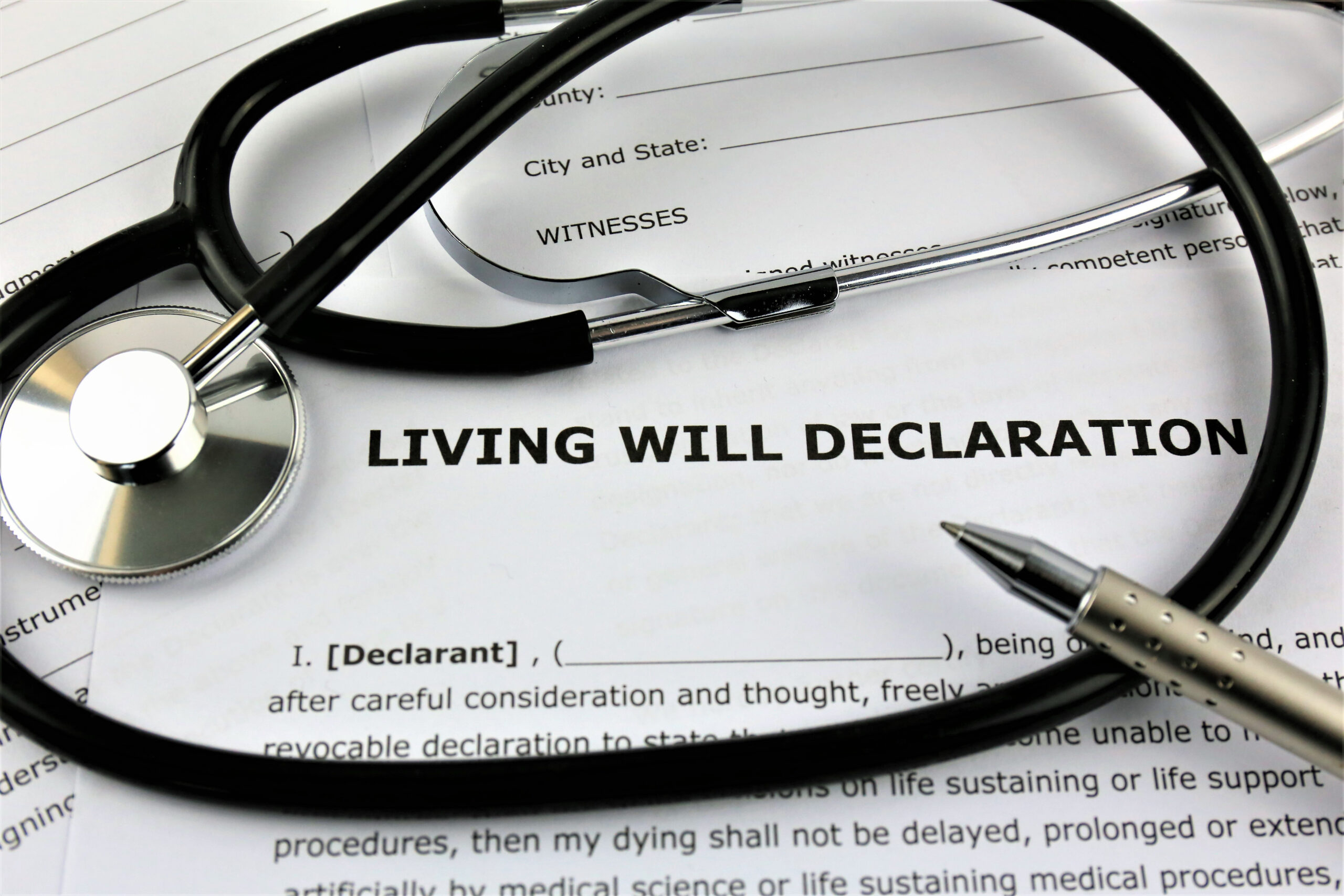A 2019 Bankrate survey found that sixty percent (60%) of…

Organizing your records will make things easier for your family.
When a family comes to our firm after the death of a loved one, we start a process that is designed to gather information about the assets, debts, and estate planning tools of the person who has passed away. We are then able to navigate the estate administration process, satisfy the debts, and distribute inheritance to beneficiaries.
This review of assets, debts, and planning tools requires the gathering and review of a number of documents – financial statements, deeds, bills, loan records, last wills and testaments, etc. Sometimes the family is well aware of their loved one’s financial affairs and records. However, many times the family is concerned that they don’t know what is there or they might miss something. This is especially true in the day and age of online accounts, statements, etc. Without regular mail statements, some accounts could remain dormant for years without the family knowing.
It is important for you to have some simple rules for records that will make this transition easier on your family, while still keeping the level of privacy today that you prefer. Here are some ideas:
- Keep an Asset and Debt file. Keep one file (in the same place you keep your estate plan) that has a copy of one statement for every financial account and debt. Update it once each year. April 15 is a good time as we are usually going through financial records for tax preparation anyway. If something happens to you, your family would be able to look there for a quick understanding of where your money and debts are.
- Keep a file for online account login information. This is tricky because you would not want something this valuable to fall into the wrong hands. However, there is no doubt that having strictly online accounts with no one else having access can create problems. Having a way for your family to access your computer and see the accounts may be very important.
- Keep a list of the professionals you use. Make an easy way for your loved ones to find your lawyer, accountant, etc. They may be very important to getting a complete picture of your estate after your death.
- Keep an address book. Have you named a friend or distant relative as a beneficiary of your last will and testament? Leaving contact information in an address book or a note with your will might save your family from searching for someone they don’t know well.
- Let your family know where to find information. You don’t have to tell your family what you own, what you owe, or who is inheriting. That is private and you are welcome to keep it private throughout your life. However, you should tell them where to find things. A statement as simple as “if something happened to me, my estate plan and important information is in the filing cabinet in the basement” will suffice.
- Beware of locked containers. Locked containers are great for safety from fire or thieves, but they can create problems after we die. Letting a trusted person know where to find a key or combination may be important someday. Again, this could be kept in a file with your estate planning documents.
- Don’t worry about it. Following some or all of these steps will make things easier for your loved ones, but don’t stress about it. While we want to make things easier, the fact is that we always find a way to deal with these issues. Do what you easily can and it will work out fine.
If you want to start today, you can download a handy and free tool here to help you organize and information your family about where you keep important records and who your professional advisors are.


